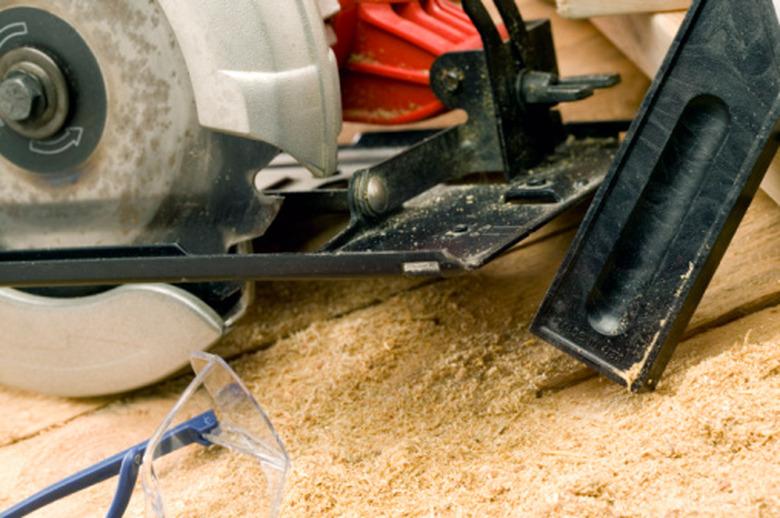Difference Between Tools & Utensils
Utensils and tools have some similarities. For example, sturdy, quality brands of tools and utensils may not break as fast as cheaper ones. The terms "tools" and "utensils" aren't interchangeable, however. For instance, an individual requesting a spoon doesn't say, "May I have a tool for my coffee?" Multiple differences exist between tools and utensils.
Definition
Tools and utensils don't share the same or similar definition. Utensils are implements, vessels or instruments used in a household and especially a kitchen, according to the Merriam-Webster dictionary. The website BusinessDictionary.com, however, defines tools as items used for a specific purpose. The definition of tools incorporates a broad range of products. For instance, the description of tools includes utensils, but not vice versa.
Purpose
Unlike tools, utensils serve a specific purpose in the kitchen. In addition to using her hands when preparing food, a cook also uses utensils such as a whisk or paring knives. The purpose for tools includes helping a person accomplish a goal, whether he's working in a garden, constructing a building or creating a business.
Types
Utensils consist of more than knives, spoons and forks. They include items like cutting boards, measuring cups, pots, pans required when making food. When placing food onto a plate or bowl, you might use tongs and ladles. Tools include different objects used outside the kitchen. Construction tools include mechanical objects such as saws, hammers, jacks, shovels and wheelbarrows. Types of technical objects used to create computer software like Web-authoring tools fall in the tools category. Tools aren't always concrete objects. Tools also consist of ideas and concepts. An example of a tool is an idea used to create a reality show about sports figures.
Considerations
Utensils are typically smaller than tools since they assist in meal preparation. An apple corer differs from a tool called a lathe. The apple corer that separates the cores from apples is generally smaller than a lathe, which shapes wood used for columns, furniture legs or banisters. Because a person uses utensils when cooking, a rubber coating is added so food doesn't stick to pans or pots. Tools, however, typically don't need the rubber coating. Tools range from hand tools like rakes to power tools like drills, which need battery packs. Utensils, however, don't require battery packs. Instead, utensils such as electric can openers and blenders have cords that you must insert into an electrical outlet to operate.
